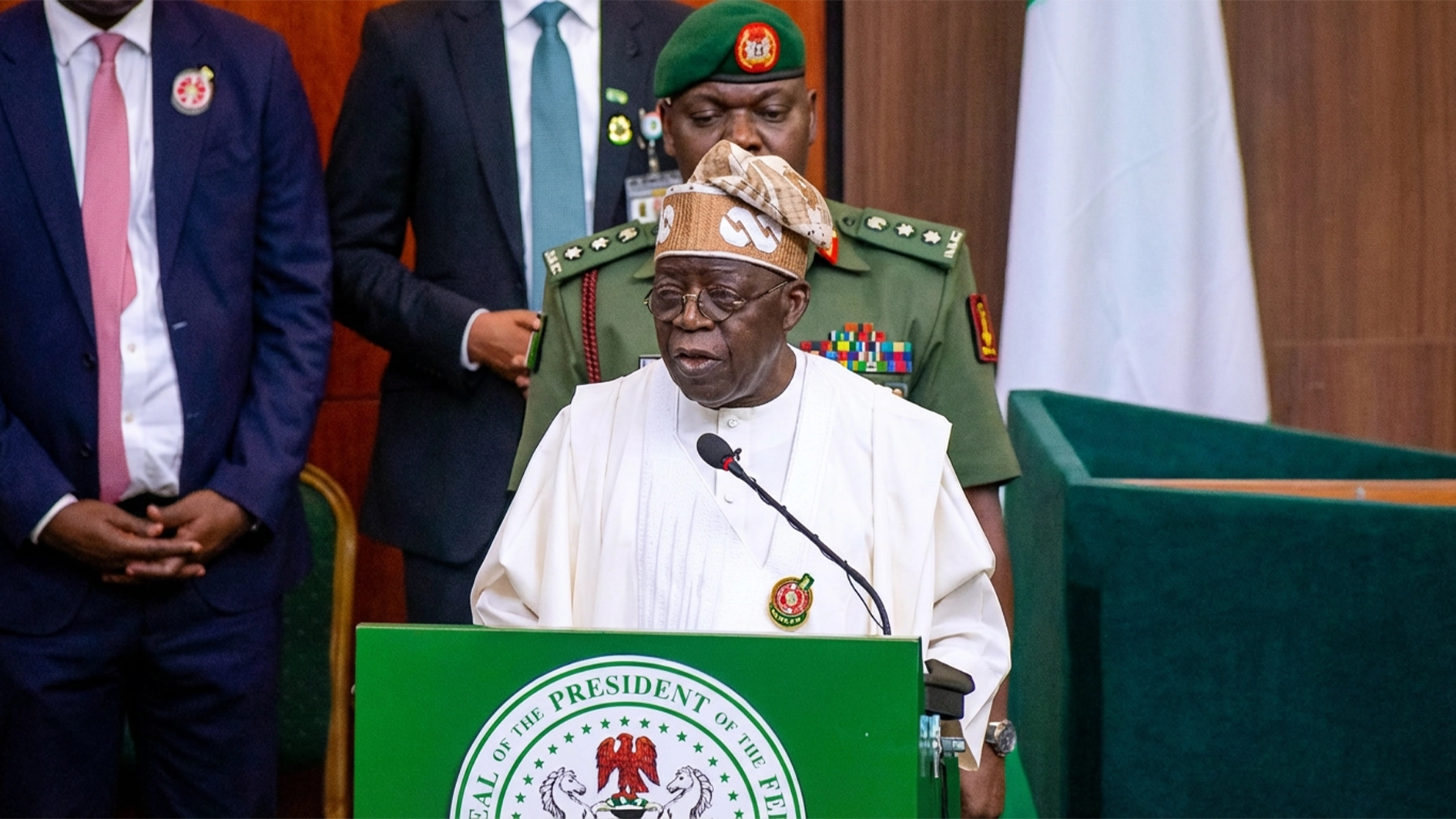
The Federal Government is set to establish a technical committee to review the Financial Reporting Council of Nigeria (FRCN) annual levy on the private sector.
Membership will be drawn from the FRCN, the organised private sector, and the Federal Ministry of Industry, Trade and Investment. The committee is expected to be inaugurated within the next 60 days.
Dr. Jumoke Oduwole, the Minister of Industry, Trade and Investment, announced this at the end of a one-day stakeholders’ forum on Wednesday. Meanwhile, the minister said the FRCN has been directed to “pause” the implementation of the current annual levy following complaints by private sector players.
The contentious issue is Section 33(1)(c) of the FRCN Act 2023, which stipulates that quoted companies/PIES are to pay annual dues based on 0.002% of their market capitalization or ₦25 million.
However, MAN, NECA, NACCIMA, and the OPS pleaded that the implementation of the annual levy be suspended, while the FRCN opposed their proposal.
Oduwole said, “They also wrote in formally. We’ve listened because we’re a listening government. We ask the FRCN to pause the implementation and undertake a review, working with key fiscal stakeholders.
“The recommendation to establish a technical agreement to undertake this review today is well received. The organised private sector should nominate representatives, the FRCN and other key stakeholders, and, of course, the Federal Ministry of Industry, Trade and Investment, to deliberate on the issues and undertake a thorough analysis using our initiative-based assessment framework and come to a proposition.
“The President has clarified that we must listen. In line with that directive and given that the Act has been passed into law by the National Assembly, we cannot suspend the implementation.
“Mr. President had been briefed ahead, and he said we’re a listening government and we want the private sector to be comfortable. We want the economy to thrive.”
On the call by stakeholders to suspend the levy as they found it difficult to pay, Oduwole explained that suspension is a contravention of legislation passed by the National Assembly, adding that a pause is an administrative process to review the levy in line with what was discussed at the forum.
The Executive Secretary of the FRCN, Dr. Rabiu Olowo, described the council as the conscience of regulatory assurance, stating that it operates above many sectoral regulators, receives reports on business performance, and protects the interests of all stakeholders.
He said no investor comes into the country without a strong regulator, explaining that the council’s work includes developing accounting standards, financial reporting standards, and corporate governance standards, as well as enforcing, publishing, and monitoring them.
Olowo also said the FRC maintains a register of professional accountants and professionals engaged in the financial reporting process, including auditors, advisors, and those responsible for governance.
In another development, Nigeria has restated its commitment to the African Continental Free Trade Area (AfCFTA) with the inauguration of a 17-member Central Coordinating Committee (CCC), chaired by the Minister of Industry, Trade and Investment, Dr. Jumoke Oduwole.
The committee, with members drawn from the public and private sectors, is tasked with developing a clear roadmap for the holistic domestication of AfCFTA protocols and embedding them into Nigeria’s national frameworks.
The CCC is also charged with overseeing and streamlining Nigeria’s implementation of AfCFTA protocols, ensuring a unified and strategic approach.
With this renewed commitment, Nigeria is poised to lead Africa’s integration efforts, creating meaningful economic opportunities for its people and the continent at large.
Speaking during the inauguration, Oduwole emphasised the transformative potential of AfCFTA to create a single continental market for goods and services, facilitating trade and investment across Africa.
The minister stated, “AfCFTA is one of the most transformative trade and economic initiatives in Africa’s history. It represents a bold vision of integration, prosperity, and inclusive growth for our continent, with a market of 1.4 billion people and a combined GDP of $3.4 trillion.”
She acknowledged President Bola Tinubu’s leadership in prioritising the execution of the agreement, underscoring its strategic importance for Nigeria’s economic growth and regional trade integration. She also outlined the CCC’s pivotal role in aligning the efforts of ministries, agencies, and private sector stakeholders to accelerate Nigeria’s implementation activities.
“We want to harmonise our efforts so we think from the same angle and speak with one voice. The CCC will serve as a central platform to unify Nigeria’s representation, strengthen coordination across agencies, and ensure a clear process for escalation to the President when necessary,” the minister said.
She highlighted the inclusive and structured nature of the agreement, designed around multiple protocols encompassing trade, investment, competition policy, digital trade, and the empowerment of women and youth in trade.
Oduwole also stressed the critical role of the private sector in driving trade and economic growth, pledging active engagement with businesses to maximise the opportunities presented by AfCFTA.
Speaking on behalf of the private sector, the National President of the Nigerian Association of Chambers of Commerce, Industry, Mines and Agriculture (NACCIMA), Dele Kelvin Oye, commended the Federal Government’s efforts, saying, “It is both a privilege and a significant moment to be part of a coordinated effort that will position Nigeria as a leader in intra-African trade. We promise to work as a team to deliver on our mandate.”
The Executive Director of the Nigerian Export Promotion Council (NEPC), Ms. Nonye Ayeni, reaffirmed the committee’s commitment to delivering measurable outcomes, stating, “With focus, dedication, and collaboration, we will ensure Nigeria fully leverages AfCFTA’s transformative potential.”






